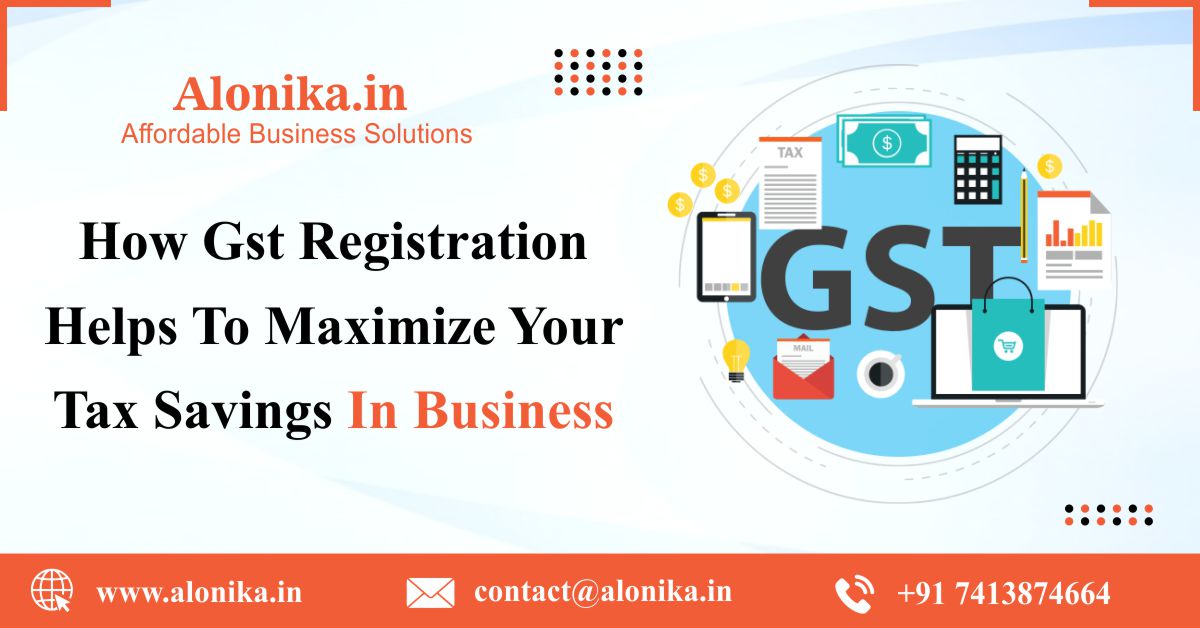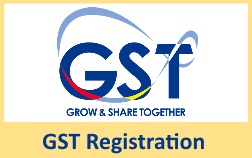Top Tips for a Smooth Singapore GST Registration Experience
Grasping GST Registration: Necessary Steps to Guarantee Regulatory Compliance and Business Development
Navigating the world of Item and Provider Tax Obligation (GST) enrollment can be an essential action for businesses aiming to maintain compliance and foster growth. The complex procedure of signing up for GST demands an eager understanding of the essential steps included, from understanding the basic principles of GST to carefully preparing the needed documents. Beyond just ticking off the governing checkboxes, understanding GST registration opens up a realm of possibilities for companies to strategically take advantage of this tax obligation framework to push their development. Understanding the nuances of GST registration is not simply a bureaucratic need but a calculated action that can shape the trajectory of an organization in the direction of sustainable success.
Comprehending GST Fundamentals
Understanding the essentials of Goods and Provider Tax (GST) is essential for services to navigate the complexities of tax obligation compliance and financial administration successfully. GST is a value-added tax imposed on the supply of goods and services in India, intending to produce a unified tax obligation system across the nation. Singapore GST Registration. Under GST, businesses require to register and acquire a distinct GSTIN (Item and Services Tax Obligation Identification Number) to be compliant with the regulation

Preparing Necessary Records
To guarantee compliance with GST registration demands, organizations have to gather and organize the required records for the application procedure successfully. The key records usually required for GST enrollment consist of evidence of service enrollment or consolidation, PAN card of the address, identification and company proofs of promoters, pictures, financial institution declarations, and evidence of address of the workplace. In addition, businesses may need to give details of authorized signatories, company activities, and turnover. It is crucial to make certain that all files are accurate, approximately day, and meet the requirements specified by the tax obligation authorities to prevent hold-ups or denials in the registration procedure.
Organizing these files in a methodical fashion can simplify the application process and show the service's dedication to governing conformity. Businesses ought to preserve both physical and digital copies of these documents for simple access and recommendation. By preparing the necessary records carefully, organizations can expedite their GST registration process and focus on their core procedures with the guarantee of regulative conformity.
Online Registration Refine
Begin the GST registration procedure by browsing to the official online site assigned for company enrollment. When the account is established up, you can proceed with loading out the GST registration application type by entering the necessary service info, including organization type, address, and turnover details.

Conformity and Reporting Obligations
Upon successful enrollment on the GSTN website and conclusion of the required paperwork, services must abide by rigid compliance and reporting responsibilities to make sure governing adherence and functional transparency. Conformity demands under GST required timely and precise filing of various returns, such as GSTR-1 for exterior products, GSTR-3B for regular monthly recap returns, and yearly returns like GSTR-9. In addition, companies require to resolve their sales and purchase data via GSTR-2A and GSTR-2B to case input tax obligation debts correctly.
Keeping correct documents of invoices, accounting records, and other pertinent data is crucial for GST compliance. Normal audits and assessments by tax obligation authorities necessitate businesses to have meticulous documents and reporting systems in area. Any kind of discrepancies or non-compliance can bring about charges, fines, or even suspension of GST enrollment.
To simplify conformity procedures, organizations can take advantage of GST conformity software application that automates return conformity, declaring, and settlement monitoring. When required can further improve conformity initiatives and ensure smooth procedures within the GST framework., staying updated with regulative changes and looking for specialist guidance.
Leveraging GST for Service Development
One crucial advantage of GST is the input tax obligation credit rating system, which allows services to claim debts for taxes paid on inputs. Furthermore, GST promotes openness and liability in the tax obligation system, which can aid companies construct trust fund with clients and partners.
Moreover, GST enrollment can also open up new markets for organizations. Being GST-compliant can improve integrity and make it simpler to increase operations across state boundaries. This not only enhances market reach however likewise cultivates an affordable side in the industry. Additionally, by lining up with GST laws, services can adapt to altering market dynamics and stay ahead of the competition. In essence, leveraging GST for organization development includes strategic planning, efficient conformity, and a progressive technique to economic administration.
Verdict
In verdict, understanding GST enrollment is vital for guaranteeing governing compliance and helping with organization growth. By understanding the essentials of GST, preparing essential documents, finishing the on the internet registration process, and fulfilling compliance and reporting responsibilities, businesses can take advantage of GST to their advantage. It is crucial for organizations to abide by the guidelines and make use of GST as a tool for broadening their procedures and remaining affordable in the market.
Browsing the world of Item and Provider Tax Obligation (GST) registration can be a critical action for services aiming to maintain conformity and foster growth. The key records normally needed for GST registration include evidence of service registration or unification, Frying pan card of the business, identification and address proofs of marketers, photographs, read what he said financial institution declarations, and evidence of address of the area of company.Begin the GST enrollment process by browsing to the official online site designated for business registration. As soon as the account is set up, you can continue with filling out the GST registration application form by getting in the required organization info, consisting of company address, type, and turn over information.
By understanding the fundamentals of GST, preparing essential papers, completing the on-line registration procedure, and click here for more info fulfilling compliance and reporting commitments, businesses can take advantage of GST to their benefit.